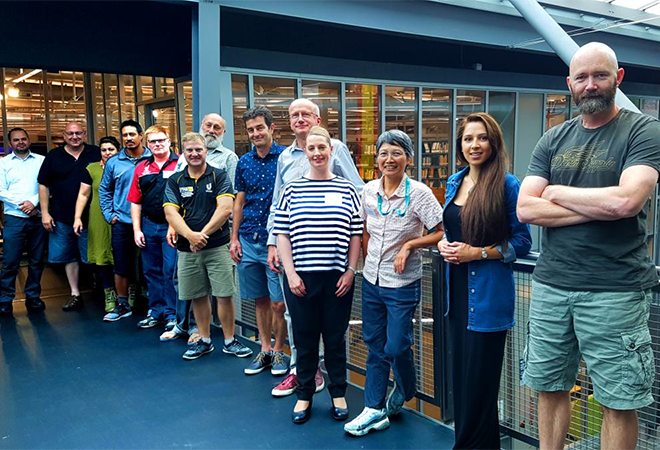
Guidelines for developing and using e-assessments with vocational learners
Status
Completed: 30 October 2018
Project Details
An 18-month project commissioned by the New Zealand Qualifications Authority and Ako Aotearoa to produce guidelines for tutors who develop and use e‑assessments with vocational learners. A collaboration involving Ara Institute of Canterbury (Ara), Nelson-Marlborough Institute of Technology (NMIT), Te Tapuae o Rēhua and Unitec Institute of Technology (Unitec).
Aims:
This project’s primary aim was to develop guidelines for tutors who develop and use e‑assessments with vocational learners.
The guidelines aim to:
- assist tutors to transition from narrow task-based assessment to using authentic, holistic assessment approaches implicit in new New Zealand qualifications’ graduate profile outcomes
- shift to project-based or problem/inquiry-based learning, enabling graduates to meet industry needs
- assist tutors to adopt assessment for learning approaches
- leverage off students’ existing literacies and increase their academic and digital literacies
- upskill learners’ problem-solving abilities for industry sectors participating in this project.
Methodology:
The project’s research methodology features:
- participative action research to identify and solve any e-assessment challenges and refine innovative e-assessment processes
- case studies to collate strategies for the guidelines
- collation of naturally-occurring evidence and formative assessments through the use of note taking/tracking software
- ePortfolios to collate multimedia evidence
- learning support and assessments through role-plays and simulations in virtual environments and virtual reality platforms.
The vocational programmes included in the project are construction/infrastructure (carpentry, quantity surveying), manufacturing/technology (aeronautical engineering, automotive, fabrication) and services (hospitality).
Team
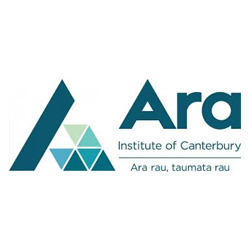
Dr Selena Chan
Research lead
Ara Institute of Canterbury
Nathan Walsh
Team Leader
Ara Institute of Canterbury
Andre de Roo
Ara Institute of Canterbury
Keith Power
Ara Institute of Canterbury
Cheryl Stokes
Ara Institute of Canterbury
Drayton Brensell
Project Advisor
Ara Institute of Canterbury
Stefan van der Busse
Project Advisor
Ara Institute of Canterbury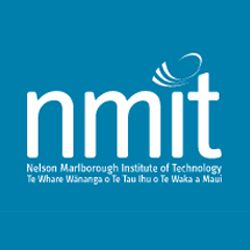
Aaron Lyster
Team Leader
Nelson-Marlborough Institute of Technology
Stuart Campbell
Research Mentor
Nelson-Marlborough Institute of Technology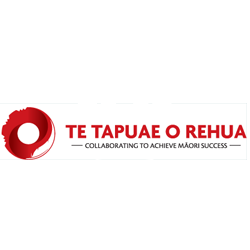
Kym Hamilton
Team Leader
Te Tapuae o Rēhua
Jessica Templeton
Te Tapuae o Rēhua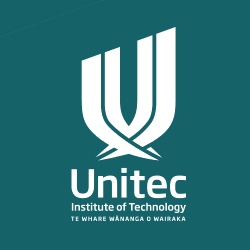
Kamuka Pati
Team Leader
Unitec Institute of Technology
Christopher Lovegrove
Unitec Institute of Technology
Lee Baglow
Unitec Institute of Technology
Alan Warburton
Unitec Institute of Technology
Leni Fifilata
Unitec Institute of Technology
Dr. Mary Panko
Research Mentor
Unitec Institute of Technology
James Oldfield
Project Advisor
Unitec Institute of Technology
JJ Purtal
Project Advisor
Unitec Institute of TechnologyStatus
Funding
$197,100.00 (excl GST)
Key Findings
The project developed a series of guidelines which can be used as a framework to support the development, implementation and evaluation of e-assessments for learning within vocational education.
The guidelines are organised on curriculum development principles:
The selection and development of curriculum through learning design
- Align graduate profile and learning outcomes to assessments for learning
- Explore and identify the difficult to articulate, undescribed learning outcomes required by learners to ‘become’
- Match e-tool(s) to learning outcome(s), with emphasis on enabling the ‘hidden’ multiliteracies and modalities of learning
Deployment of learning interventions using technology
- Ensure teaching team capability
- Prepare the learner
- Make learning overt
- Leverage off learning analytics, for both teachers and learners
Implementation of the support stage as learning progresses
- Review after each iteration
- Scaffold learner capability to use e-feedback so that it becomes personalised to their own learning
An evaluative stage to ensure the next iteration meets learning needs.
- Re-evaluate holistically the learning goals, the e-tool(s) and the resulting learning
- Keep up with the play on e-tools and their capabilities to support e-feedback
The introduction, literature, methodology, findings and more from the project, 'Guidelines for developing and using e-assessments with vocational learners'.
- 30 July 2019
An overview of the project and guidelines for tutors who develop and use e‑assessments with vocational learners.
- 14 October 2019